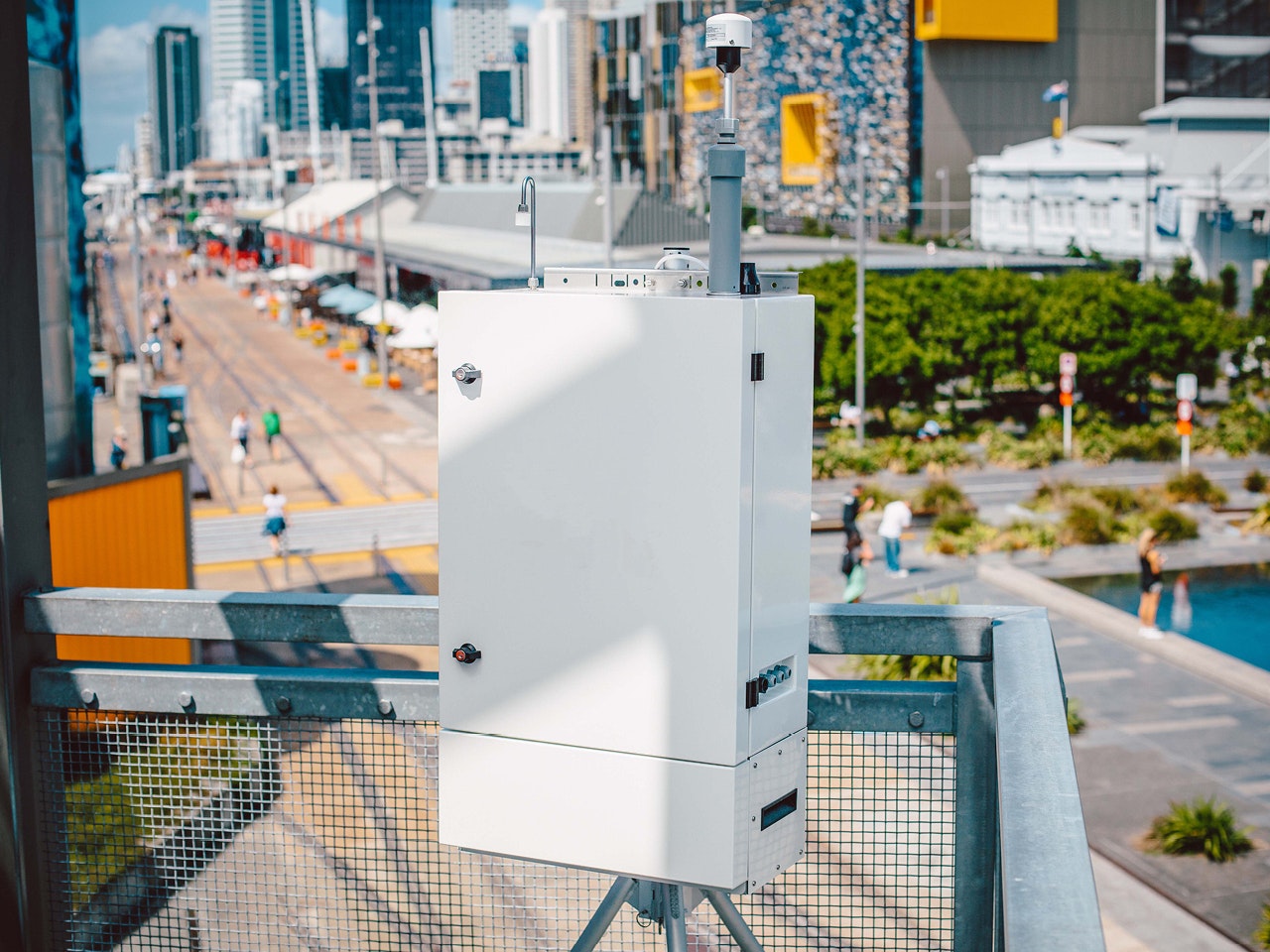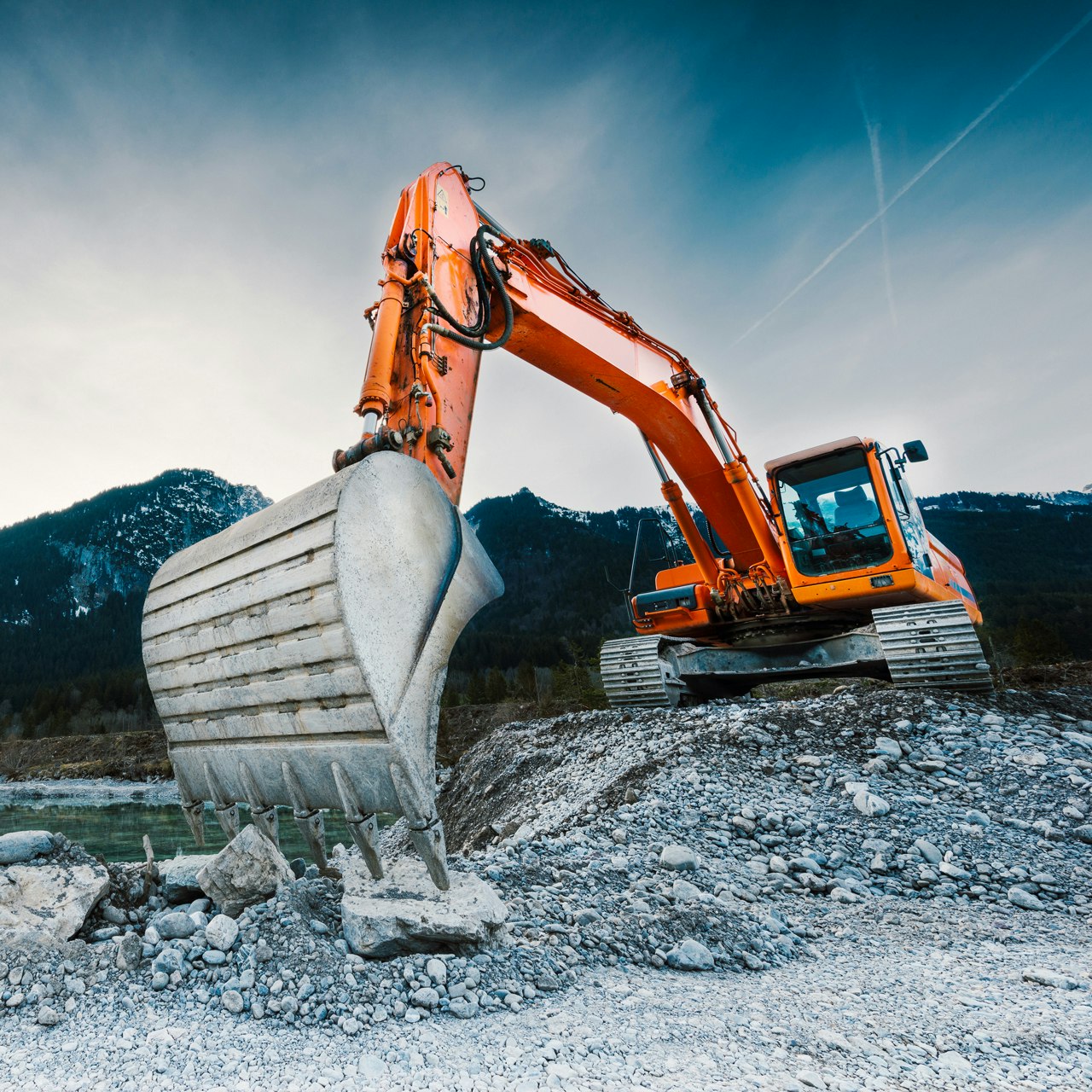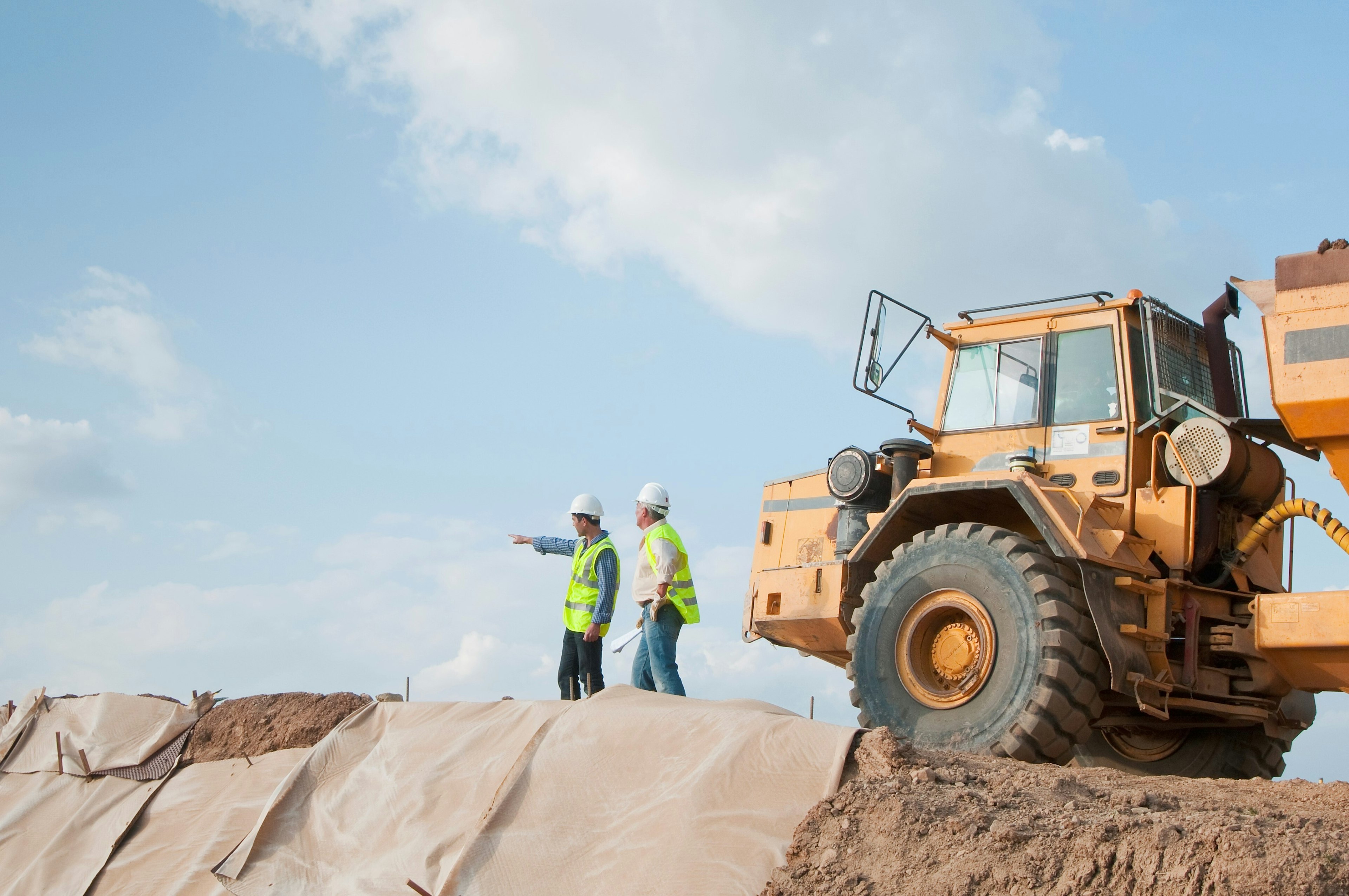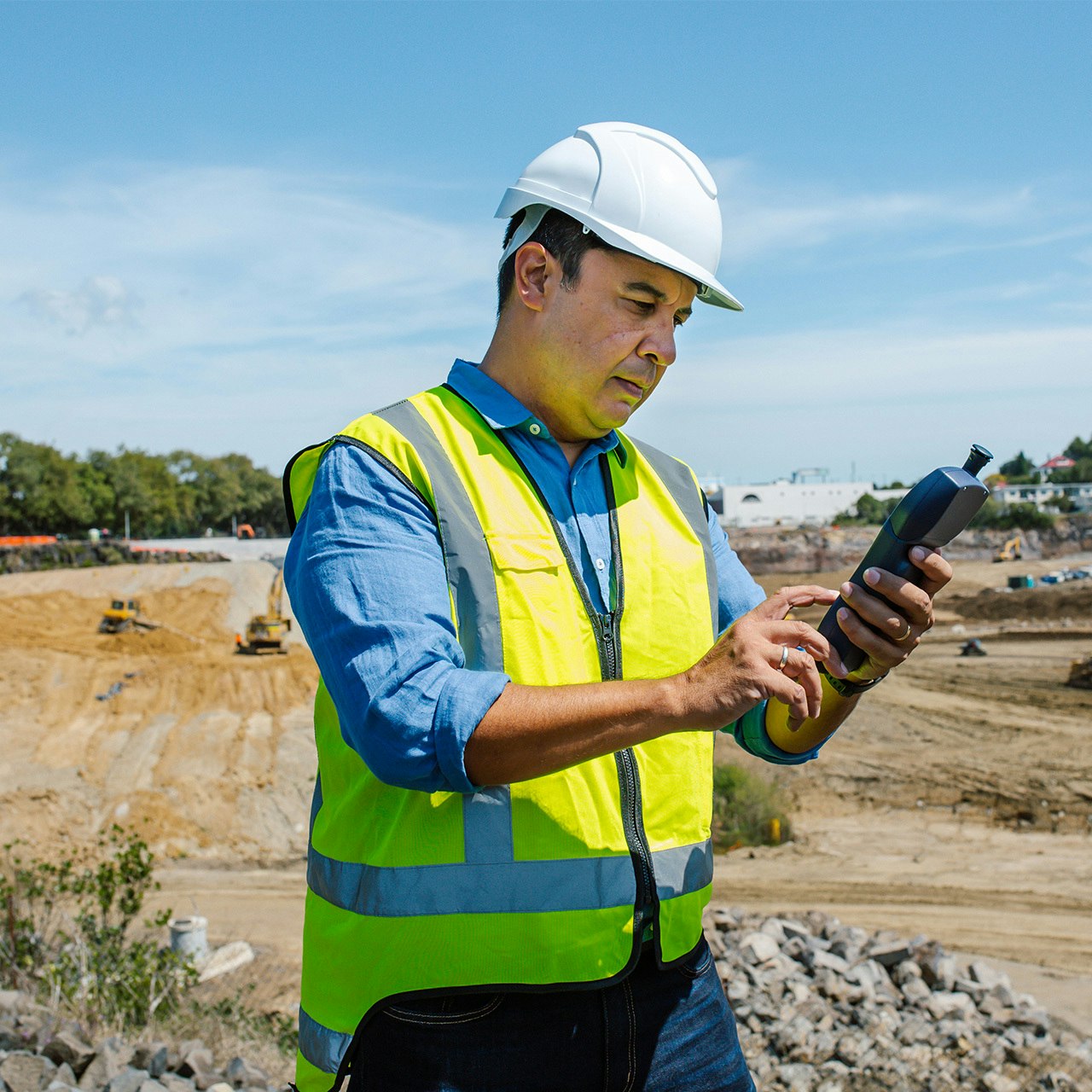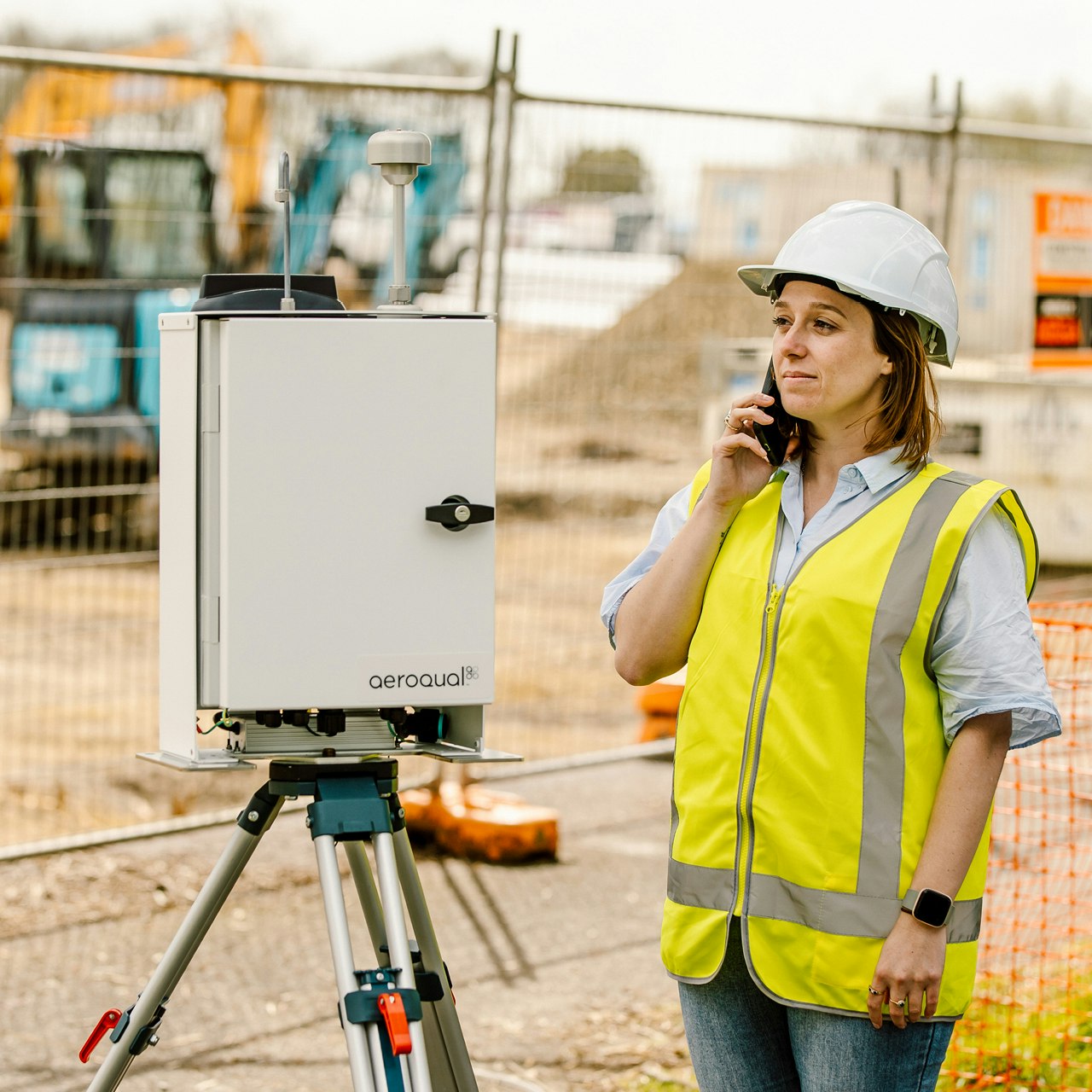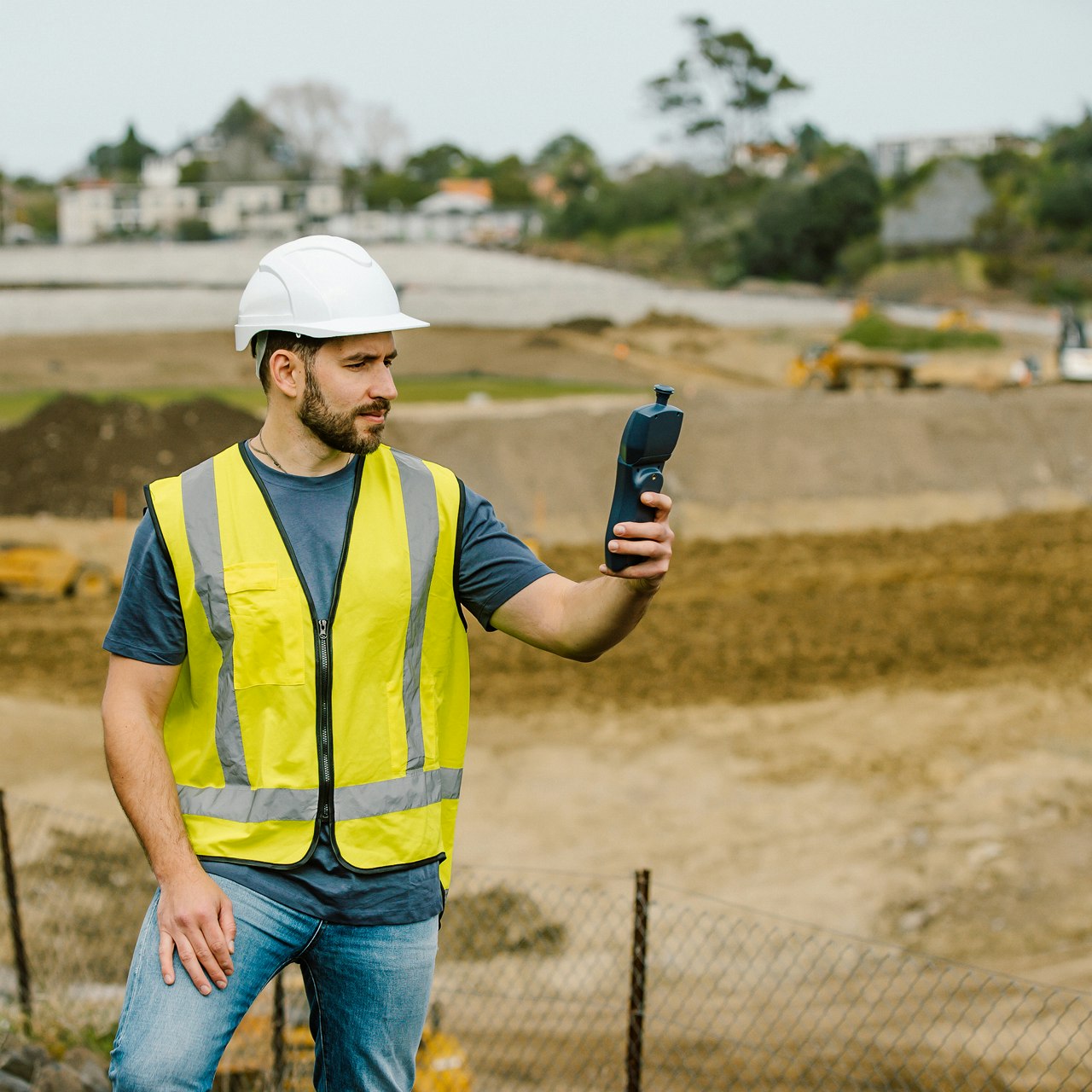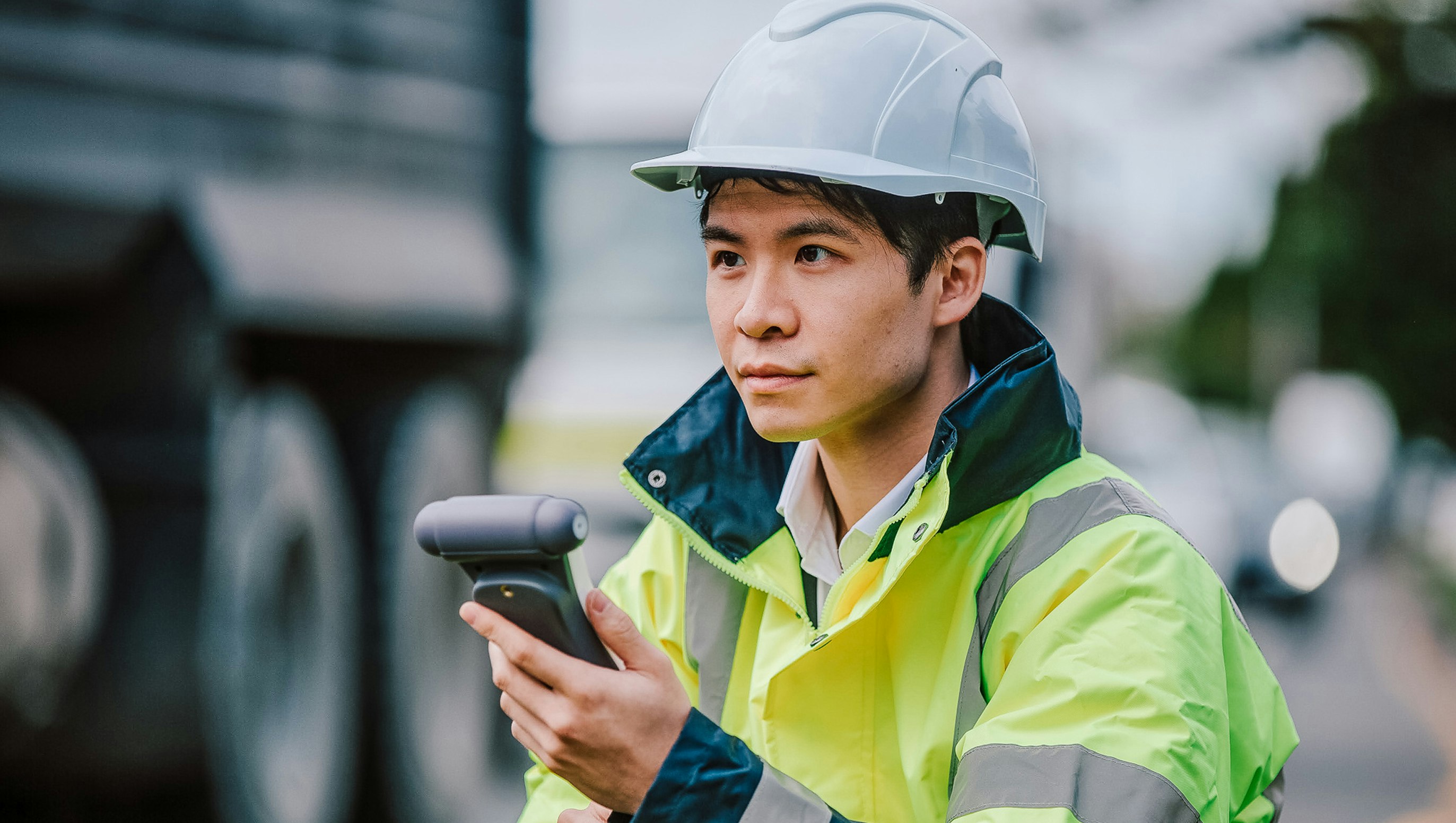Blog
U.S. EPA and Aeroqual Extend Cooperative Research and Development Agreement for an Additional Three Years
Three-year extension combines shared expertise in air quality measurement and sensor technology toward the development and understanding of Next Generation Air Monitoring tools.
Article Details
Last Updated
11 September 2025
Published
22 March 2023
Category
Company
Aeroqual and the United States Environmental Protection Agency (U.S. EPA) Office of Research and Development (ORD) have announced a three-year extension to their Cooperative Research and Development Agreement (CRADA). This extension builds on the success of an existing five-year agreement, facilitating a continued collaboration between Aeroqual and the U.S. EPA centered on developing and understanding lower-cost monitoring tools for measuring air pollutants.
As concern about the impact of global air pollution has continued to grow, so too has demand for more accurate and cost-effective air monitoring tools. Over the last five years, Aeroqual and the U.S. EPA have been actively engaged in developing, testing, and evaluating lower-cost sensor technology for ambient, near source, and fenceline measurement of air pollutants. The focus of this CRADA extension will be on continuing the evaluation of sensor technologies, applying calibration approaches to improve data accuracy and reliability, and using emissions modeling techniques to characterize fugitive emissions.
“This extension represents a logical evolution for Aeroqual and its collaboration with the U.S. EPA, demonstrating the shared value generated over the last five years and expanding on advancements made in sensor performance development during that time. Once completed, these next-generation tools will help inform air quality consultants, air quality managers, and site operators on data accuracy and mitigation and management strategies,” says Aeroqual CTO and CRADA Principal Investigator, Dr. Geoff Henshaw.
Work planned by Aeroqual and the U.S. EPA under the terms of this renewed CRADA includes:
- Conducting air quality projects in ambient and near source environments using lower-cost air sensors
- Expanding measurement techniques to include a broader range of air pollutants (e.g., air toxics, volatile organic compounds)
- Applying calibration approaches to air sensor data
- Combining next-generation measurements into atmospheric models used to locate fugitive emissions
“The collaboration with the EPA provides critical logistical support, extensive air monitoring infrastructure, and an expansive geographical reach throughout the United States. Being able to pool knowledge and get their input on the development of new air quality approaches and technology has been invaluable to our shared mission of protecting people and the environment from the harmful effects of poor-quality air,” added Henshaw.
On the renewal of this agreement, Dr. Rachelle Duvall, U.S. EPA Principal Investigator on the CRADA says, “We look forward to continuing this collaboration to further understand and advance cost-effective tools and approaches to measure air pollutants.”
In continuing to pioneer new air monitoring innovations, Aeroqual and the U.S. EPA aim to address ongoing needs for lower-cost measurement of air pollutants for different applications, understand the performance of these technologies, and evaluate approaches to make the data more accurate.




